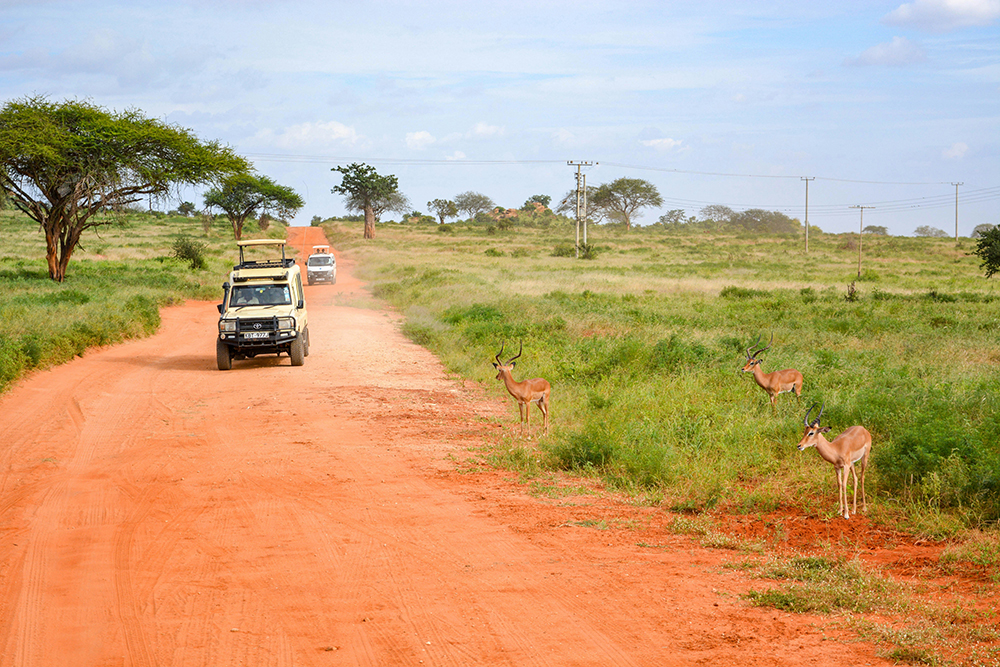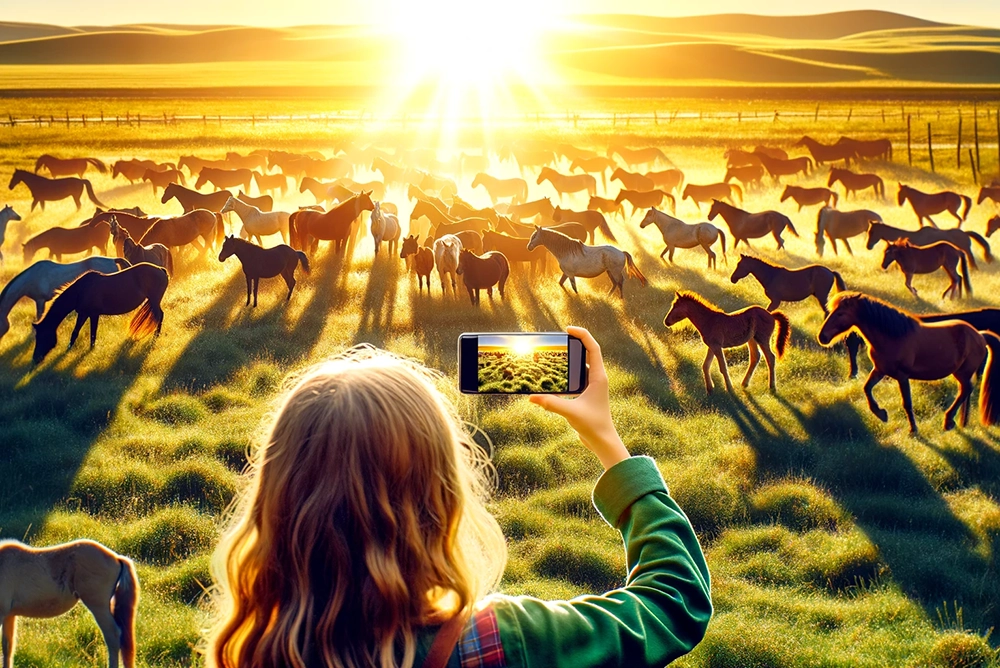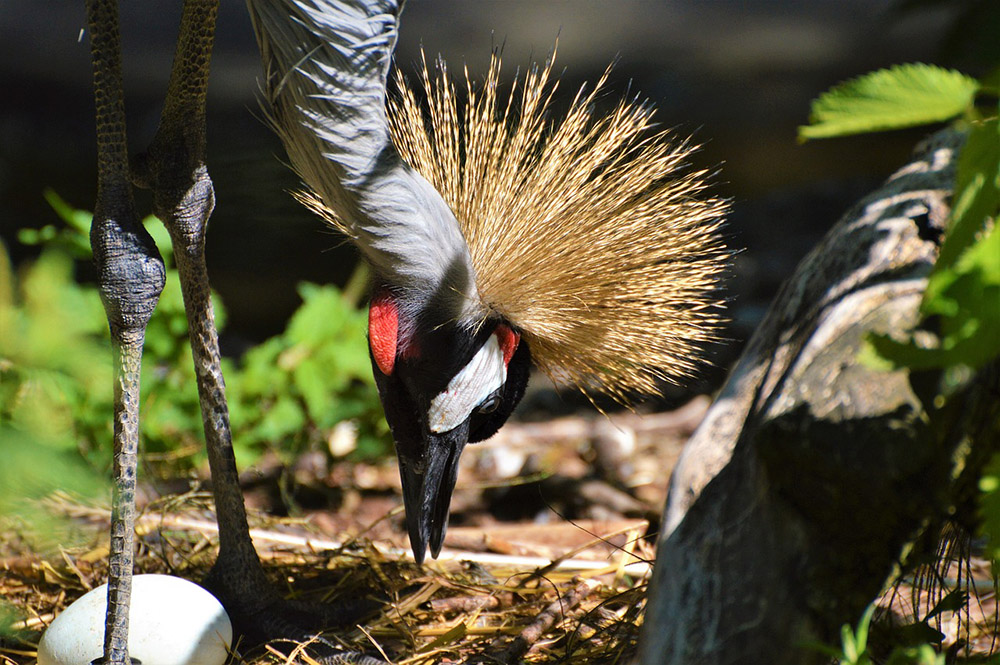Robotic four-legged friends – often referred to as robot dogs – are becoming more and more widespread. As a result, they will also encounter more and more real dogs. The question is how to design, control, and program the robot in such a way that the animals do not overreact and cause no harm to robots, animals, or bystanders. As part of “The Robodog Project”, smaller dogs are to be confronted with a walking, running, and jumping Unitree Go2. The plan is to visit controllable environments such as dog training grounds and arrange meetings with dog owners. The findings will lead to suggestions for design and control. Robot enhancement can also play a role here. For example, hobbyists have produced heads for Unitree Go2 using a 3D printer, giving the robot a completely different look. Suggestions for programming will also be made. The project is due to start at the FHNW School of Business in March 2024. It is part of Prof. Dr. Oliver Bendel’s research in the field of animal-machine interaction.
13 Animal-Related Concepts and Artifacts
Since 2012, Oliver Bendel has developed 13 concepts and artifacts in the field of animal-computer interaction (ACI) or animal-machine interaction (AMI) together with his students. They can be divided into three categories. The first are animal- and nature-friendly concepts. The second are animal-friendly machines and systems (i.e., forms of moral machines). The third are animal-inspired machines and systems that replace the animals or bring them closer to you. Articles and book chapters have been published on many of the projects. The names of the developers can be found in these. A few prototypes made it into the media, such as LADYBIRD and HAPPY HEDGEHOG. Oliver Bendel repeatedly refers to Clara Mancini, the pioneer in the field of animal-computer interaction. Recently, ethicists such as Peter Singer have also turned their attention to the topic.
When Animals Meet Machines
The manuscript of the book “Non-Human Animals, Ethics and Engineering” (alternative title “Animals, Ethics and Engineering”) was sent to the publisher Jenny Stanford in May 2024. It contains 16 chapters on this topic, including by Clara Mancini (“Animal-Centered Technology and Sustainable Development”), Fiona French (“Designing and Crafting Systems for Non-Human Animals”), and Leonie Bossert together with Thilo Hagendorff (“Animals and AI: The Role of Animals in AI Research and Application”). In “An Investigation into the Encounter Between Social Robots and Animals” (Chapter 12), Oliver Bendel “delves into the evolving landscape of social robots designed to interact with animals, dissecting the intricate dynamics of these interactions and their ethical ramifications” (Information from the editors). The philosopher of technology also presents his own projects, such as concepts and prototypes of animal-friendly machines, developed in the context of machine ethics, animal-machine interaction, and social robotics. The editors are Rosalyn W. Berne and Madeline A. Kibler from the University of Virginia. The book is scheduled for publication in late summer or fall 2024.
“The Animal Whisperer” Project Starts
On March 18, 2024, the kick-off meeting for the project “The Animal Whisperer” took place at the FHNW School of Business. It was initiated by Prof. Dr. Oliver Bendel, who has been working on animal-computer interaction and animal-machine interaction for many years. Nick Zbinden, a student of business information systems, has been recruited to work on the project. As part of his final thesis, he will develop three GPT-4-based applications that can be used to analyze the body language and environment of cows, horses and dogs. The aim is to avert danger to humans and animals. For example, a hiker can receive a recommendation on their smartphone not to cross a pasture if a mother cow and her calves are present. All they have to do is call up the application and take a photo of the area. Nick Zbinden will evaluate literature and conduct several expert interviews to find out more about the situation of farm and domestic animals and their behavior. He will demonstrate the possibilities, but also the limitations of multimodal language models in this context. The results will be available in August 2024 (Image: DALL-E 3).
New Channel on Animal Law and Ethics
The new YouTube channel “GW Animal Law Program” went online at the end of November 2023. It collects lectures and recordings on animal law and ethics. Some of them are from the online event “Artificial Intelligence & Animals”, which took place on 16 September 2023. The speakers were Prof. Dr. Oliver Bendel (FHNW University of Applied Sciences Northwestern Switzerland), Yip Fai Tse (University Center for Human Values, Center for Information Technology Policy, Princeton University), and Sam Tucker (CEO VegCatalyst, AI-Powered Marketing, Melbourne). Other videos include “Tokitae, Reflections on a Life: Evolving Science & the Need for Better Laws” by Kathy Hessler, “Alternative Pathways for Challenging Corporate Humanewashing” by Brooke Dekolf, and “World Aquatic Animal Day 2023: Alternatives to the Use of Aquatic Animals” by Amy P. Wilson. In his talk, Oliver Bendel presents the basics and prototypes of animal-computer interaction and animal-machine interaction, including his own projects in the field of machine ethics. The YouTube channel can be accessed at www.youtube.com/@GWAnimalLawProgram/featured.
Artificial Intelligence & Animals
The online event “Artificial Intelligence & Animals” will take place on 16 September 2023. “AI experts and attorneys will discuss the intersection of AI and animals in this UIA Animal Law Commission and GW Animal Law webinar” (Website Eventbrite) Speakers are Prof. Dr. Oliver Bendel (FHNW University of Applied Sciences and Arts Northwestern Switzerland), Yip Fai Tse (University Center for Human Values, Center for Information Technology Policy, Princeton University), and Sam Tucker (CEO VegCatalyst, AI-Powered Marketing, Melbourne). Panelists are Ian McDougall (Executive Vice President and General Counsel, LexisNexis London), Jamie McLaughlin (Animal Law Commission Vice President, UIA), and Joan Schaffner (Associate Professor of Law, George Washington University). Oliver Bendel “has been thinking on animal ethics since the 1980s and on information and machine ethics since the 1990s”. “Since 2012, he has been systematically researching machine ethics, combining it with animal ethics and animal welfare. With his changing teams, he develops animal-friendly robots and AI systems.” (Website Eventbrite)
ACI 2023 in North Carolina
The Tenth International Conference on Animal-Computer Interaction will be held December 4-8, 2023, in Raleigh, North Carolina, hosted by North Carolina State University. “ACI is the leading International Conference on Animal-Computer Interaction. It is a highly multidisciplinary event drawing researchers and practitioners from diverse backgrounds to share and discuss work and topics related to the research and design of computing-enabled and interactive technology for and with animals.” (Website ACI) The Ninth International Conference on Animal-Computer Interaction was held in Newcastle upon Tyne at the end of 2022. Also this year the organizers are interested in a variety of topics in animal-computer interaction and animal-machine interaction, as the call for papers (CfP) reveals: “Submissions might address topics such as: the role of technology in shaping human-animal relationships; studies and/or analysis of large-scale technology for animal deployments; considerations on the wider context of technology for animal use; methods and reflections on studying the next generation of technology for animals; or how to conduct ACI research in a world where commercial design and deployment of technology for animals outpaces academic thought.” (Website ACI) The CfP can be accessed at www.aciconf.org/aci2023.
Minding Animals 2024
After an hiatus of six years, Minding Animals will return, with a conference tentatively scheduled to be held 11 – 17 July, 2024. This was announced by the organizers in a message dated December 19, 2022. “Just like the postponed 2021 conference, Minding Animals 5 (MAC5) will be hosted by the Centre for Compassionate Conservation (CfCC) in the Transdisciplinary School at the University of Technology, Sydney (UTS).” (Message from Minding Animals International) The organizers refer to the Minding Animals Bulletin 53 regarding the vision of the conference and the preparation of the authors. “We believe that the greatest threat posed to the planet, to all planetary life, human or nonhuman animal, plant or otherwise, including the current pandemic, is the intersection of animal agriculture and the climate crisis. Hence, the urgency and criticality of climate as the key theme.” (Minding Animals Bulletin 53) Possible subtopics include “The biodiversity crisis and climate change”, “Rewilding and compassionate conservation”, “The animal industrial complex”, “Animals, the circular economy and sustainable food systems”, and “Animals in development and food sovereignty”.
Face Recognition for Bears in the Alps
At the end of the ACI conference, the “Paper Session 6” was held, which was titled “Investigating Human-Animal Relations”. Sarah Webber (University of Melbourne) gave a talk on “Watching Animal-Computer Interaction: Effects on Perceptions of Animal Intellect”. In the experiment, people observed orangutans interacting with computer applications. It was examined how they changed their judgments regarding the animals’ intelligence and behavior. The talk that followed came from Alexandra Morgan (Northumbria University) and was titled “Blind dogs need guides too: towards technological support for blind dog caregiving”. She addressed the needs of blind dogs and showed what gadgets are on the market to assist them. Her team developed an app called “My Blind Dogo” that could help owners of blind dogs. The session ended with a talk on “A Face Recognition System for Bears: Protection for Animals and Humans in the Alps” by Oliver Bendel (University of Applied Sciences and Arts Northwestern Switzerland). He presented an integrated system with cameras, robots, and drones that Ali Yürekkirmaz and he had designed. The ACI took place from 5 to 8 December 2022 in Newcastle upon Tyne. It is the world’s leading conference on animal-computer interaction. More information on the conference via www.aciconf.org/aci2022.
Accepted Papers of ACI’22
The conference program for ACI’22 will be available in the course of November. In the meantime, the website lists the accepted papers in alphabetical order. Among them are the papers “A Face Recognition System for Bears: Protection for Animals and Humans in the Alps” (Oliver Bendel and Ali Yürekkirmaz), “A Framework for Training Animals to Use Touchscreen Devices for Discrimination Tasks” (Jennifer Cunha and Corinne Renguette), “Politicising Animal-Computer Interaction: an Approach to Political Engagement with Animal-Centred Design” (Clara Mancini, Orit Hirsch-Matsioulas, and Daniel Metcalfe), and “TamagoPhone: A framework for augmenting artificial incubators to enable vocal interaction between bird parents and eggs” (Rebecca Kleinberger, Megha Vemuri, Janelle Sands, Harpreet Sareen, Janet M. Baker). ACI2022 will take place 5-8 December 2022, hosted by Northumbria University, Newcastle upon Tyne, UK.









